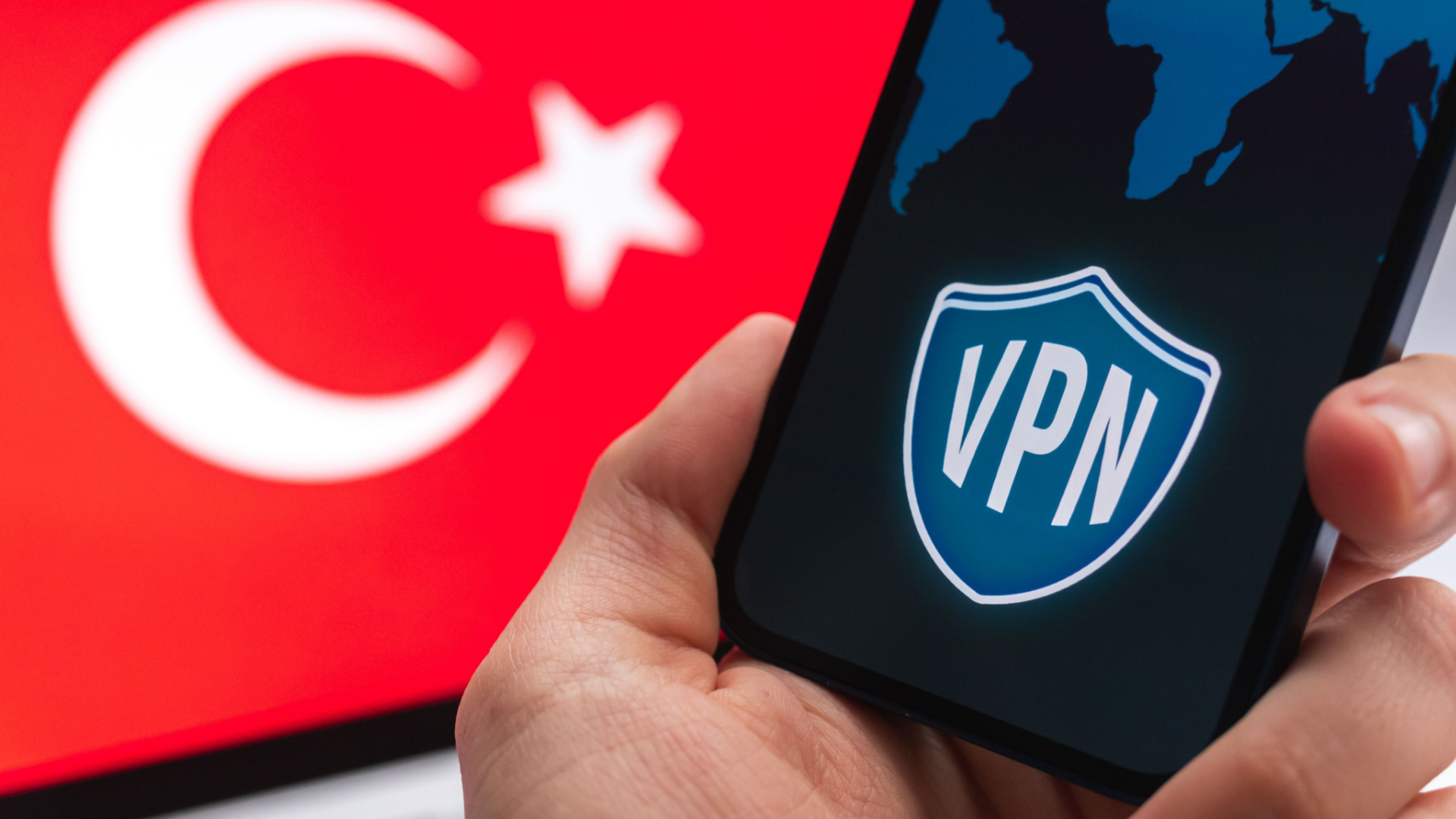VPN usage soars in Turkey after Istanbul blast
Many social media services were restricted following the attack

It was anything but a typical, quiet Sunday for Turkish citizens yesterday.
Six people died and over 80 suffered injures following a bomb attack that rocked a busy pedestrian area of central Istanbul. Occurring at around 4pm local time, no one claimed responsibility for the blast just yet.
The strikes didn't end offline, though, as Erdoğan’s government went on throttling citizen internet access too.
As internet watchdog NetBlocks reported, several social media platforms were restricted, with the Turkish communication regulator RTUK even banning national media to talk about the explosion.
As always, in these instances, Turkey VPN downloads soared within the country as people were looking for a way to bypass such disruptions.
⚠️ Confirmed: Live network data show that social media platforms Twitter, Instagram, YouTube and Facebook have been restricted in #Turkey after a deadly explosion in #Taksim, Istanbul; authorities issued a broadcast ban following the incident📰 Report: https://t.co/Xww9RgoNlu pic.twitter.com/75DMsF5QLiNovember 13, 2022
What's going on in Turkey online?
"Turkey has a longstanding policy of restricting access to social media platforms following explosions, political incidents and terror attacks," wrote NetBlocks in its report. "However, the policy has been criticized for limiting access to support and assistance, and curtailing press freedom in times of emergency."
Many were the social media platforms affected including Twitter, Instagram, Facebook, YouTube, and some Telegram servers.
Are you a pro? Subscribe to our newsletter
Sign up to the TechRadar Pro newsletter to get all the top news, opinion, features and guidance your business needs to succeed!
Turkey’s Information and Communication Technologies Authority (BTK) later confirmed that the blackout was imposed to allegedly prevent disinformation about the explosion from spreading online.
"Yet again we’re seeing how governments are using Internet access to manipulate its citizens and control the narrative," Hide.me CEO Sebastian Schaub told TechRadar.
However, citizens now have the technical knowledge and the tools to circumvent these restrictions with just a few clicks. And, when the internet goes dark, the best VPN services are generally the number one software to be downloaded.
That's because a VPN isn't just a tool that encrypts data in transit to protect people's anonymity online, but it also spoofs users' location so that they can access censored sites with no fuss.
Hide.me, for example, confirmed that its VPN usage increased by a staggering 500% in the last 24 hours. While, data coming from Top10VPN's tracker shows an overall rise of over 850% more downloads.
After 10 long hours, the access to social media services has now been restored.
What's certain is that Turkish users would keep their circumventing tool ready to be used when authorities will decide to disrupt their internet access, once again.


Chiara is a multimedia journalist committed to covering stories to help promote the rights and denounce the abuses of the digital side of life – wherever cybersecurity, markets, and politics tangle up. She believes an open, uncensored, and private internet is a basic human need and wants to use her knowledge of VPNs to help readers take back control. She writes news, interviews, and analysis on data privacy, online censorship, digital rights, tech policies, and security software, with a special focus on VPNs, for TechRadar and TechRadar Pro. Got a story, tip-off, or something tech-interesting to say? Reach out to chiara.castro@futurenet.com